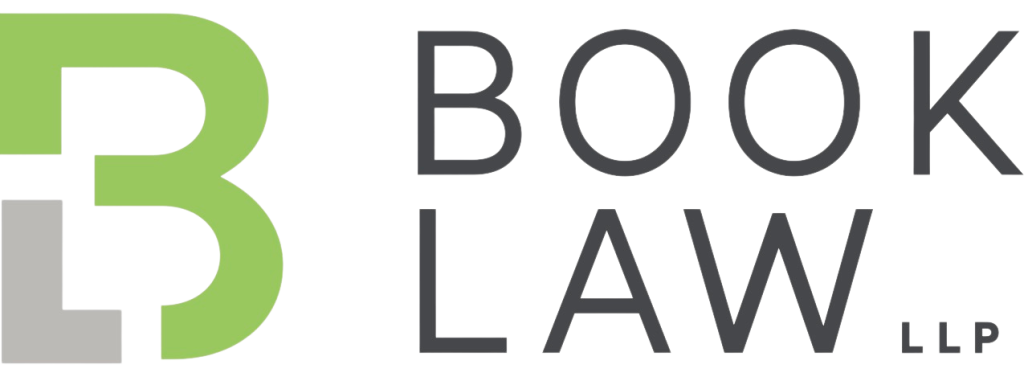A New York State (“NYS”) appellate court ruled on May 4, 2021, that NYS employers are not entitled to indemnification or contribution, whether contractual or otherwise, from a third party for claims brought under the New York Labor Law (“NYLL”). The appellate court held that to allow employers to be indemnified for violating the NYLL would be against public policy. The court thus prohibited the appellant, a catering company, from seeking contractual indemnification from a third-party staffing agency for employee claims brought under NYLL 196-d.
In Robinson v. Great Performances/Artists as Waitresses, Inc., two former employees (“Plaintiffs”) of Great Performances, a catering company, brought a class action lawsuit alleging that Great Performances had withheld its employees’ gratuities in violation of NYLL 196-d. Great Performances moved to dismiss the complaint, but the lower court denied the motion.
Great Performances then brought a third-party complaint against Kensington Events (“Kensington”), a staffing company that provided staff for Great Performances’ catered events. Great Performances sought indemnification for Plaintiffs’ NYLL claims. Great Performances relied on its contract with Kensington, under which Kensington had agreed to “indemnify, defend and hold harmless” Great Performances for any federal and state wage and hour claims brought by employees or independent contractors.
Kensington moved to dismiss the third-party complaint. The lower court found that (i) the NYLL does not provide employers with any right of indemnification against third parties; and (ii) to allow indemnification would make it more likely that employers would violate the wage and hours laws. Thus, the lower court dismissed the third-party complaint, despite the express terms of the parties’ contract. The appellate court agreed with the reasoning and the decision of the lower court.
This case was the first to ask whether employers could be indemnified for violating NYLL 169-d. However, in cases involving other sections of the NYLL, as well as the federal Fair Labor Standards Act (“FLSA”), courts had refused to allow employers to seek contribution and indemnification from third-parties. In those cases, courts held that (i) the FLSA and NYLL do not provide employers with the right to seek contribution or indemnification from third parties; and (ii) employers must be held responsible for their wage violations and cannot contract away their legal obligations.
Key lessons from this court decision are that NYS employers (i) must be diligent in complying with the NYLL and FLSA; and (ii) are not entitled to contribution or indemnification for wage law violations, even if they executed indemnification agreements with third-parties.
You may contact Chaim Book at cbook@mb-llp.com or Sheryl Galler at sgaller@mb-llp.com regarding any questions or concerns about this court decision.

